Essential Question 1: What are the right outcome measures? CureGRIN’s Research Roadmap Explained
Share This Post

Each Thursday throughout the summer, CureGRIN will be sharing a blog post that summarizes one of the 10 “Essential Questions” that needs to be answered in order to find cures and treatments for GRIN Disorder. These questions are a central component of our recently unveiled Research Roadmap titled, “Treat the Symptoms. Cure the Disease.”. You can find links to all of these blog posts here.
Today, we focus on Question 1: What Are the Right Out Come Measures?
An “outcome measure” is simply a tool that reflects the impact of a treatment or intervention on the health of GRI patients. Outcome measures provide data on the measurable changes in the health or quality of life of patients. We want to make sure that researchers are measuring the things that are most important to us. By agreeing a set of outcome measures, research from different studies can all be compared together.
Some examples of outcome measures include things like seizure frequency or severity and various assessment scores. For an outcome measure of seizure frequency or severity, researchers would measure the “baseline” frequency or severity of seizures (before any treatment is given). Then, researchers would assess the frequency or severity of seizures over a period of time after treatment is given to see if there is a reduction in the frequency or severity of seizures as a result of the treatment. Assessment scores could include things like the Vineland test, which measures behavior for intellectual and developmental disabilities, the Wechsler Adult Intelligence Scale (WAIS), which measures cognitive ability in older adolescents and adults, and the Social Communication Questionnaire, which measures autism spectrum disorder symptomatology. These assessments would be administered pre- and post-treatment to see if the scores improve as a result of treatment.
Some outcome measures being assessed in the Barcelona GRIN Team’s ongoing L-serine clinical trial are the Vineland Adaptive Behavior Scales, Bayley Scales of Infant and Toddler Development, Wechsler Intelligence Scale, Gross Motor Function Measure-88, Social Communication Questionnaire, Sleep Disturbance Scale for Children, and microbiota composition, among others.
Through our participation in CombinedBrain, CureGRIN and GRIN2B Foundation will be teaming up with researchers at Duke University to explore an outcome assessment tool called ORCA. We will work with families, physicians and researchers to determine what the best outcome measures to see benefit from treatments are and how should these be measured for future pre-clinical studies and clinical trials.
Read more Posts

2021 GRIN Virtual Conference
Join others from around the world at the GRIN Virtual Conference. Learn more about what’s happening in GRIN research and hear the latest developments from clinicians, researchers, and family members.

Hopes and Dreams for our Kids with GRIN Disorder
Share This Post Share on facebook Share on linkedin Share on twitter Share on email We asked family members on the CureGRIN Facebook page to
